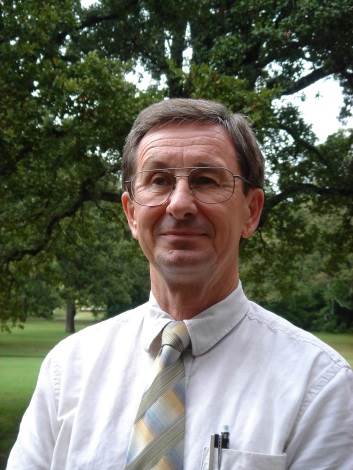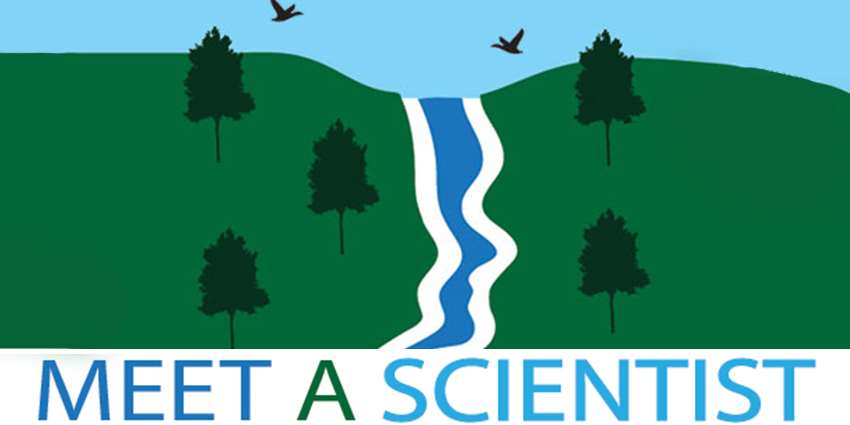When you hear the word “scientist,” most likely the image that comes to mind is of someone in a lab coat with test tubes and beakers. While this is true of some scientists, there are many others who do not fit that image. This is especially true of natural resource scientists. To showcase the diversity within this community of researchers, Conservation Matters is beginning a series called “Meet a Scientist.” In each issue we will introduce a scientist working with water, wildlife or other natural resources. We hope that this series provides insight into the contributions that these people make to their respective fields.
Dr. Ralph Wurbs, Arthur McFarland professor in the Zachry Department of Civil Engineering, has been a water resource engineer since he graduated from Texas A&M University in 1971. Wurbs’ interest in water resource engineering is one that evolved and grew as he became more involved in the field. After graduating, Wurbs joined the U.S. Army Corps of Engineers as a civil engineer, planning and designing various water resource projects. Since 1980, Wurbs has worked as a professor at Texas A&M, teaching and conducting research in water resource engineering. He also served as associate director for engineering at Texas Water Resources Institute from 2007 to 2012.
Through his experience as a water resource engineer, Wurbs became interested in water allocation and water rights. “Water allocation became important in Texas,” he said, “and we needed a modeling system for analyzing water allocation decisions.” Wurbs developed and continues to expand the Water Rights Analysis Package (WRAP), a computer modeling system that simulates river/reservoir systems and assesses water availability. WRAP models water management strategies and allows managers to predict how to allocate water resources under various conditions. WRAP is used throughout Texas for regional and statewide planning, water rights administration and other water management endeavors. Wurbs and his graduate research assistants are currently focusing on expanding WRAP capabilities for modeling environmental flow requirements and impacts on other water users.

Wurbs was recently designated as an Honorary Diplomate, Water Resources Engineer by the American Academy of Water Resources Engineers (AAWRE). This honor is given to AAWRE members who have extensive experience and education in the field and have also contributed significantly to advancements in the field. “An honorary member is the academy’s way of recognizing or distinguishing someone who has been a diplomate for quite some time and has made certain contributions,” he said.
Although Wurbs has much experience in the field, there are still a number of challenges that he faces. “The different aspects of water resources engineering can be both technically and institutionally challenging — the complexity — and solving water problems is a long process. It takes a while for management strategies and solutions to be implemented,” he said.
Wurbs enjoys his work as both a professor and a researcher. The most rewarding aspects of being a professor, he said, are interacting with students and teaching. As an engineer and researcher, Wurbs finds fulfillment in impacting people’s lives. Effective water management is important to society, he said, “so, it’s not simply an academic-type field; it’s a field that has practical significance to people.”
For more information on WRAP, visit his website.

